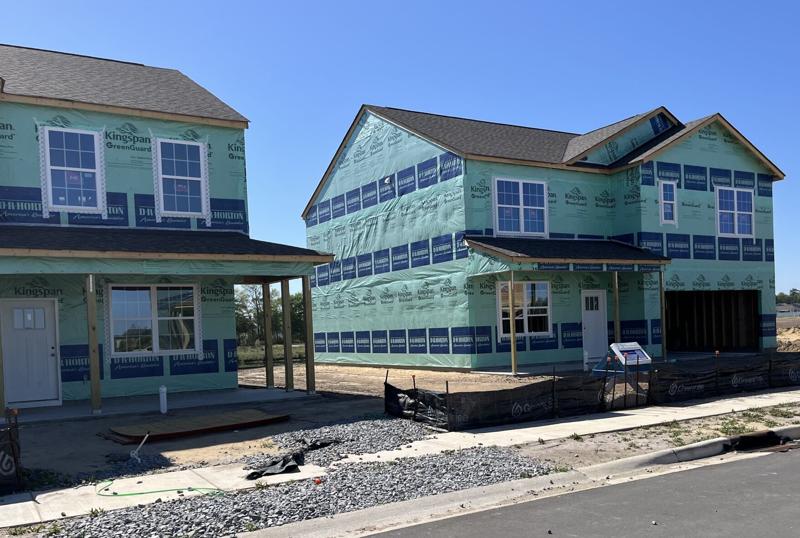Lawmakers at every level of government are taking aim at institutional investors who snap up single-family homes with all-cash offers.
For years, hedge funds and other institutional investors have been buying residential homes as investment properties. Critics of the practice say it drives up home prices and rents.
Some lawmakers are looking at ways to discourage the practice. In July 2023, U.S. Sens. Sherrod Brown, D-Ohio, and Ron Wyden, D-Oregon, introduced a bill to restrict tax breaks for corporate investors that buy up homes, often driving up local housing prices and rents. The Stop Predatory Investing Act would prohibit an investor who acquires 50 or more single-family rental homes from deducting interest or depreciation on those properties.
Another bill, introduced a few months later, called the End Hedge Fund Control of American Homes Act would ban hedge funds from owning such homes and require them to sell at least 10% of the total number of single-family homes they own to families per year over a 10-year period. After a 10-year full phase-out, all hedge funds will be completely banned from owning any single-family homes.
That bill would also hit hedge funds with a $50,000 per single family home per year tax penalty on the number of single-family homes owned above either zero or a scheduled 10% reduction per year over 10-years winding down to zero. And it would put a 50% tax on the fair market value of any future hedge fund purchase of a single-family home. Tax penalties would be reserved for down payment assistance for people seeking to buy homes sold by hedge funds.
“The housing in our neighborhoods should be homes for people, not profit centers for Wall Street. Yet, in every corner of the country, giant financial corporations are buying up housing and driving up both rents and home prices,” Oregon U.S. Senator Jeff Merkley, a Democrat, said in a statement. “It’s time for Congress to put in place commonsense guardrails that ensure all families have a fair chance to buy or rent a decent home in their community at a price they can afford.”
Another measure, the American Neighborhoods Protection Act, would require corporations that own more than 75 single-family residences to pay $10,000 per home yearly into a Housing Trust Fund to provide down payment assistance grants to families buying homes.
Those measures have not advanced.
State lawmakers have also raised concerns about the practice.
In Ohio, Sens. Louis Blessing III and Nickie Antonio introduced Senate bill 76, which would tax any landlord that owns 50 or more single-, two-, or three-family houses in a single Ohio county. Each home would be taxed monthly at a rate of $1,500 for each such house owned. That money would be divided between the Low- and Moderate-Income Housing Trust Fund and the Local Government Fund.
Lawmakers in five other states – California, Nebraska, New York, North Carolina, and Minnesota – have proposed similar laws.
In some cases, even advocates of free markets are chiming in.
“I strongly support free markets,” Texas Gov. Greg Abbott wrote on X. “But this corporate large-scale buying of residential homes seems to be distorting the market and making it harder for the average Texan to purchase a home. This must be added to the legislative agenda to protect Texas families.”















